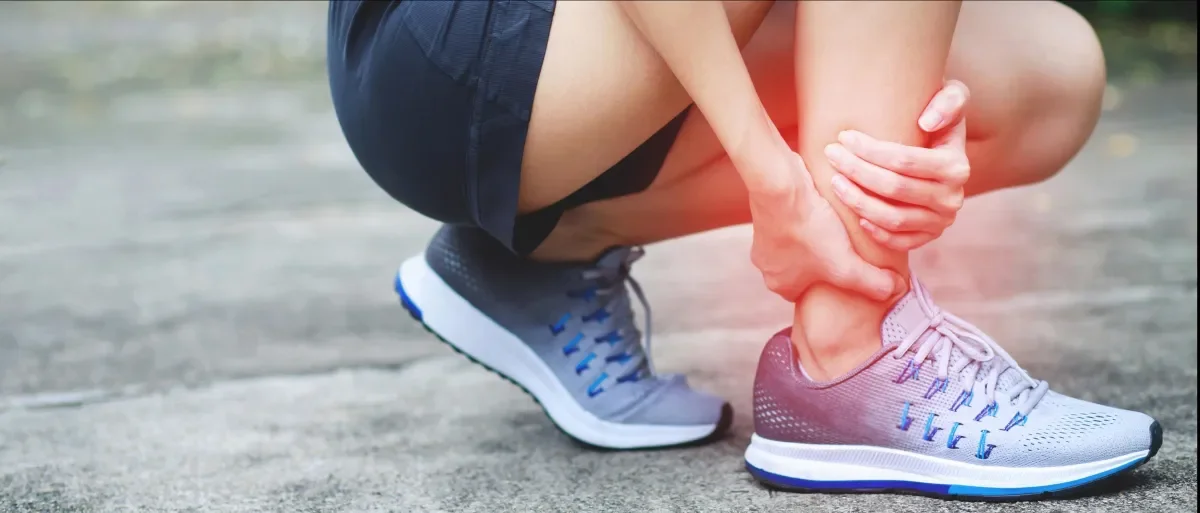

Development of synthetic tendon and ligament implants modelled on embryonic tendons receives €1 million in funding
Torn ligaments and tendon ruptures are a major headache for athletes and runners. They are difficult to heal and often require months or years of rehabilitation. Currently, the only fix for severe tears is to remove soft tissue from another part of the patient’s body or corpse and use them to repair the knee or ankle. This is costly and inefficient, but the medical sector has yet to come up with a better solution.
This international team, with expertise in developmental biology, biomedical engineering and nanoscience, is made up of scientists and engineers from Dublin City University, Trinity College Dublin, Queen’s University of Belfast and Penn State University, hopes to change that after securing the €1 million on funding to support a four-year project.
The team will develop genetically engineered soft tissue that models how tendons develop in the embryo and attempt to improve the production of artificial tendon and ligament replacements by replicating the molecular events that drive embryonic tendon development. They will use nanoparticle delivery and mechanical stimulation of cells grown as “mini tendons” in culture to do this.
To better understand the embryonic development of tendons and ligaments, Professor Paula Murphy, Professor in Zoology at Trinity College Dublin, will investigate normal tendon development in chick and mouse embryos, and establish gene editing approaches to alter how tendon cells communicate with each other and their environment.
This will test which molecular pathways are essential for the formation of mature tendons. Professor Spencer Szczesny, Assistant Professor of Biomedical Engineering at Penn State University, will measure the tendons of chicks and mice at different points of development and will map out the mechanical, structural and biological features at each stage.
In another key element of the project, Professor Nicholas Dunne, Professor of Biomaterials Engineering, Director of Biodesign Europe and the Executive Director of the Medical Engineering Research Centre Engineering (MedEng) at Dublin City University, Professor Helen McCarthy, Professor of Nanomedicine at the Queen's University of Belfast and Dr Niamh Buckley, Senior Lecturer in Personalised Medicine and Pharmacogenomics at the Queen's University of Belfast, will design a nanoparticle-hydrogel gene delivery system to influence tendon growth, which will essentially “tell” cells to turn certain genes on or off; these genes will have been discovered from the embryonic study. It is hypothesized the nanoparticle-hydrogel gene delivery system will mimic the embryonic process by pushing stem cells to release neighbouring cells and bind instead to collagen fibres. If they are successful, the international team of researchers will test the functionality of their new tendon construct in an animal model.
Professor Nicholas Dunne said:
“This cutting-edge project is truly interdisciplinary, bringing together international expertise in biomechanics, mechanobiology, developmental biology and materials science. We are very excited about developing functional load-bearing tendon replacements using a bottom-up approach to identify the structural changes and biological mechanisms that drive normal embryonic tendon development and to use this knowledge to enhance the maturation of tissue-engineered tendon constructs via nanoparticle gene delivery.”
The research is funded by the National Science Foundation (USA), Science Foundation Ireland and the Department for the Economy (Northern Ireland) through the US-Ireland R&D Partnership Programme.
